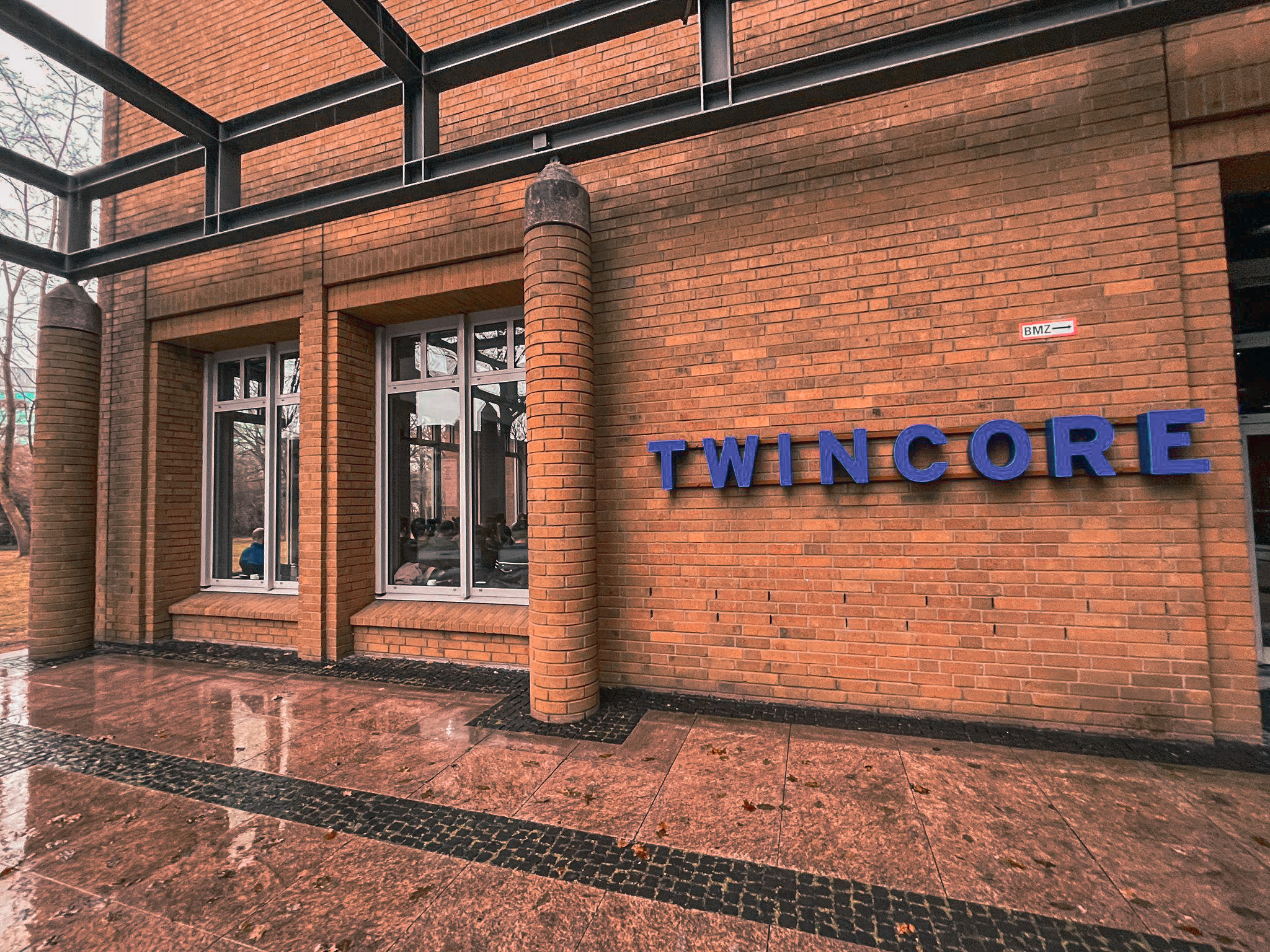On January 30, 2025, the second CAIMed meet-up titled "AI Powered Approaches in Infection Research" took place at TWINCORE – Center for Experimental and Clinical Infection Research. The high number of registrations, far exceeding the available 65 seats, underscores the growing interest in CAIMed research and the increasing importance of artificial intelligence in medical research.
After a brief introductory welcome by Prof. Dr. Yang Li (CAIMed, CiiM), who outlined the scientific framework of the day, four highly engaging sessions were presented:
- Session 1 – AI Systems for Integrative Multi-Omics Data:
Prof. Dr. Tim Beißbarth from the University Medical Center Göttingen opened the scientific part of the meet-up with an overview of AI applications for integrative multi-omics data analysis. His talk provided in-depth insights into the application of artificial intelligence to better understand complex disease mechanisms, thereby opening new perspectives in diagnostics and therapy.
- Session 2 – Defense Against Respiratory Pathogens:
In the following session, Dr.-Ing. Geraldine Nouailles from Charité – Universitätsmedizin Berlin explained how AI methods can contribute to developing effective strategies against respiratory infections.
- Session 3 – Machine Learning Applications to Bacterial Genomics, From Essential Genes to Antimicrobial Resistance:
Prof. Dr. Marco Galardini from TWINCORE presented various machine learning methods that identify bacterial genes and provide insights into underlying resistance mechanisms. His contribution offered valuable impulses for the advancement of precise diagnostic procedures and therapeutic strategies.
- Session 4 – Cutting-Edge Technologies Powered by AI in Infection Research:
This final session, presented by the CAIMed Junior Research Group on AI & Bioinformatics, highlighted state-of-the-art AI applications in infection research through the following talks:- Dr. Saumya Kumar – "From Big Data to Immunological Insights":
This talk demonstrated how big data analyses can be utilized to decode immunological responses, thus enabling a deeper understanding of infection biology. - Dr.-Ing. Jalil Nourisa – "AI and Gene Regulatory Network Analysis: A Practical Introduction":
This presentation introduced practical AI-supported approaches for analyzing genetic regulatory networks, offering new perspectives on genetic regulation during infections. - Dr. Xun Jiang – "Spatial Transcriptomics Reveals Abnormal Immune and Cell-Matrix Remodeling Programs in MTB Granuloma Formation":
This talk illustrated how spatial transcriptomics can be used to visualize immune and cell-matrix remodeling programs in MTB granuloma formation. - Yuesi Xi, M.Sc. – "AI-Powered Segmentation and Deconvolution in Spatial Transcriptomics Data Analysis":
The final presentation showcased advanced AI tools for segmentation and deconvolution of spatial transcriptomics data, providing crucial insights into the cellular architecture of infected tissues.
- Dr. Saumya Kumar – "From Big Data to Immunological Insights":
Between the presentations, the breaks provided ample opportunity for lively discussions, networking, and connecting research groups. Many participants took advantage of this setting to discuss experiences regarding the practical application of the presented AI methods and to initiate future collaborative projects.
The overwhelming response and the high-caliber scientific contributions of the meet-up confirm that the application of artificial intelligence in medicine continues to gain relevance. The event aimed to provide insights into the current state of CAIMed research, connect researchers, and collaboratively advance research approaches—an objective that will remain the focus of future CAIMed meet-ups.


